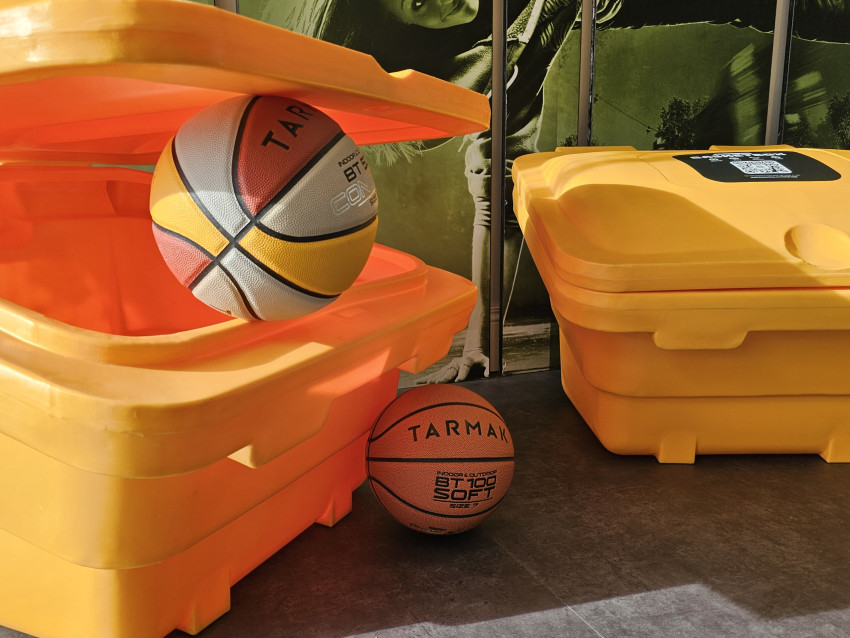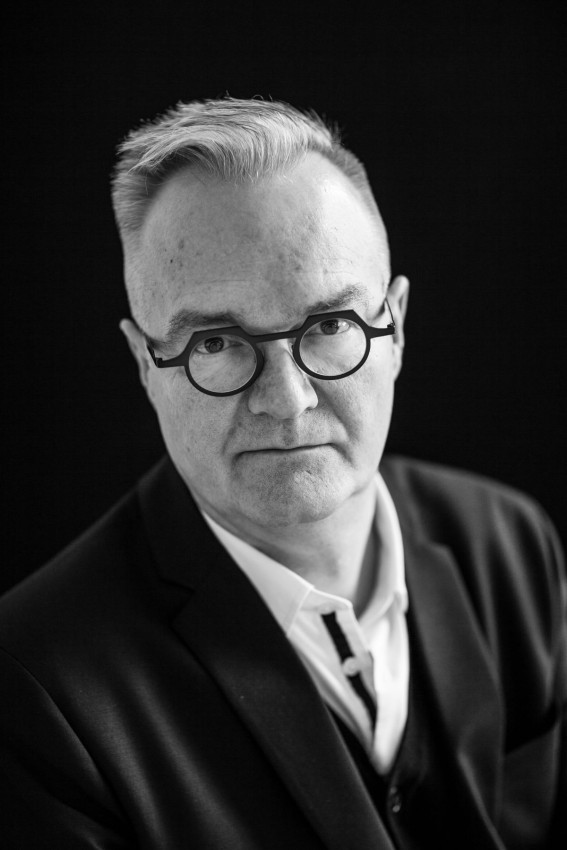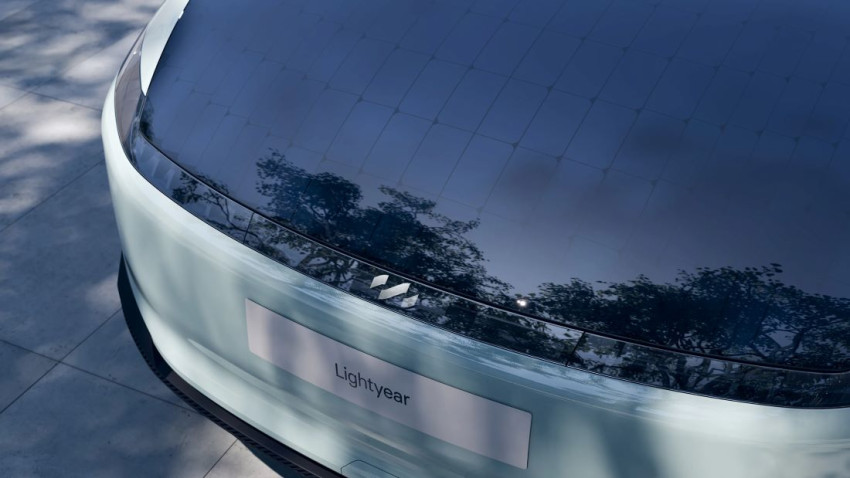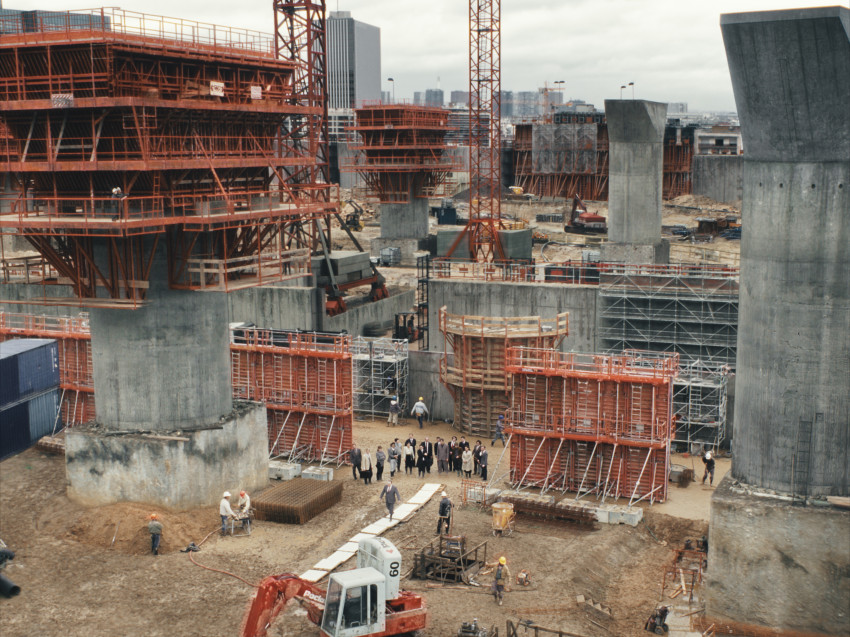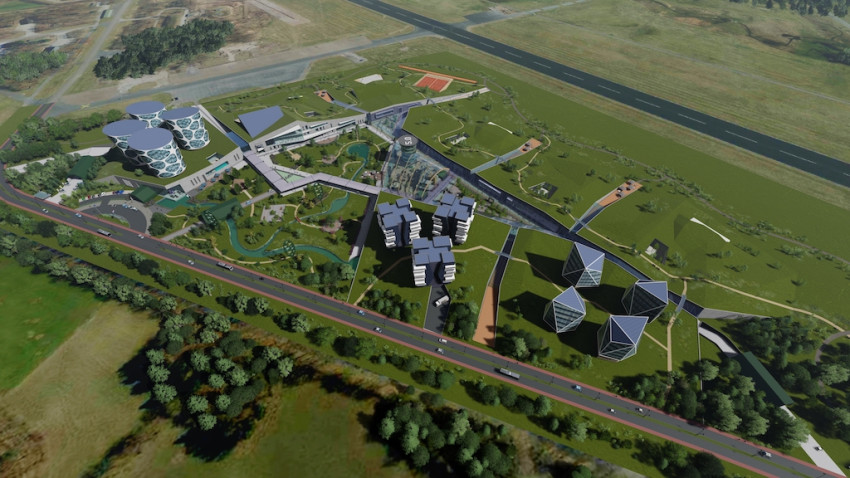
Battery campus to be built in Twente
A battery research campus is to be built on the site of the former Twente airbase. According to initiator Lithium Werks, the first building will be ready by late 2019.
If green electricity is to become the dominant source of electricity any time soon, batteries will be needed to balance fluctuating energy production and ensure a constant supply. This requires batteries with more capacity, longer life and lower costs than those currently available. They also have to be 'smart': the control software on board a battery will have to monitor the power left over and know where the demand is greatest.
It is on the basis of this vision that Kees Koolen, CEO of the company Lithium Werks, wants to get to work by building a huge research campus, where eventually at least two thousand people will work. These people will come from universities and companies all over the world: the campus is intended to be the place where battery experts want to work.
GYM AND SWIMMING POOL
Various parties are investing a total of €100 million in the campus. The completed area should be self-sufficient, and look something like the Google or Apple campuses. If Koolen gets his way, it will include everything from a restaurant to a gym and swimming pool.
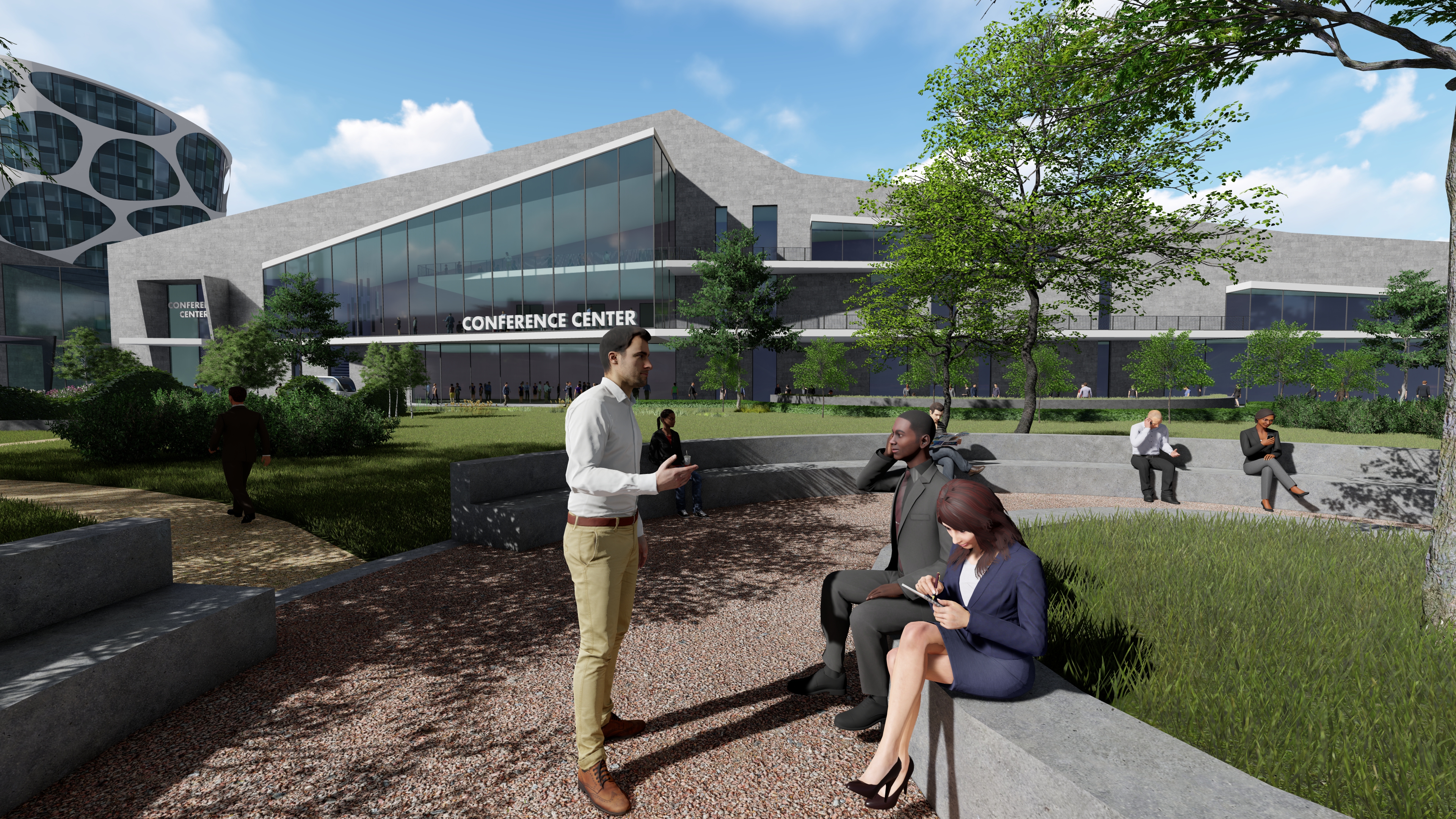
According to Koolen, batteries are an indispensable part of the future of green energy. Batteries are particularly useful for temporary storage, such as when there is an overproduction of solar energy during the daytime. It’s no coincidence that Lithium Werks makes batteries precisely suited to this purpose: they have a high charging and discharging speed, but a slightly lower capacity than the batteries currently used in cars.
RAPID GROWTH
Koolen knows all about setting up a company. He was the founder and CEO of Booking.com and helped taxi company Uber get a foothold in the Netherlands. He has been working with batteries since 2010, and believes that this market is about to explode. 'We’re already growing fast, but that will only increase. We’re receiving bigger and bigger orders, so we have to manage our growth in the right direction.' According to Koolen, a fast-growing company is often its own worst enemy. ‘You have to make the right choices now to be able to become a big company.’
Despite greater demand for batteries, there is still much to be done before they become a common feature of everyday life. Their capacity has to be increased, and the software that regulates when a battery stores and releases energy still has to be designed. Koolen thinks the solution is an artificial intelligence system that learns how a power grid works, and can predict the time and locations of supply and demand.
MORE ACADEMIC RESEARCH
How that can be put into practice will be investigated on campus from the end of 2019. Lithium Werks is cooperating with the MESA+ institute of the University of Twente, which carries out research into nanotechnology and looks in detail at how batteries work, among other things. ‘We’re trying to figure out how lithium moves through a battery, and what it means in terms of capacity,’ says Guus Rijnders, the institute's scientific director. 'We already do a lot of work based on material science that is applicable to batteries, but this campus will undoubtedly result in us carrying out more research into batteries.'
If you found this article interesting, subscribe for free to our weekly newsletter!



